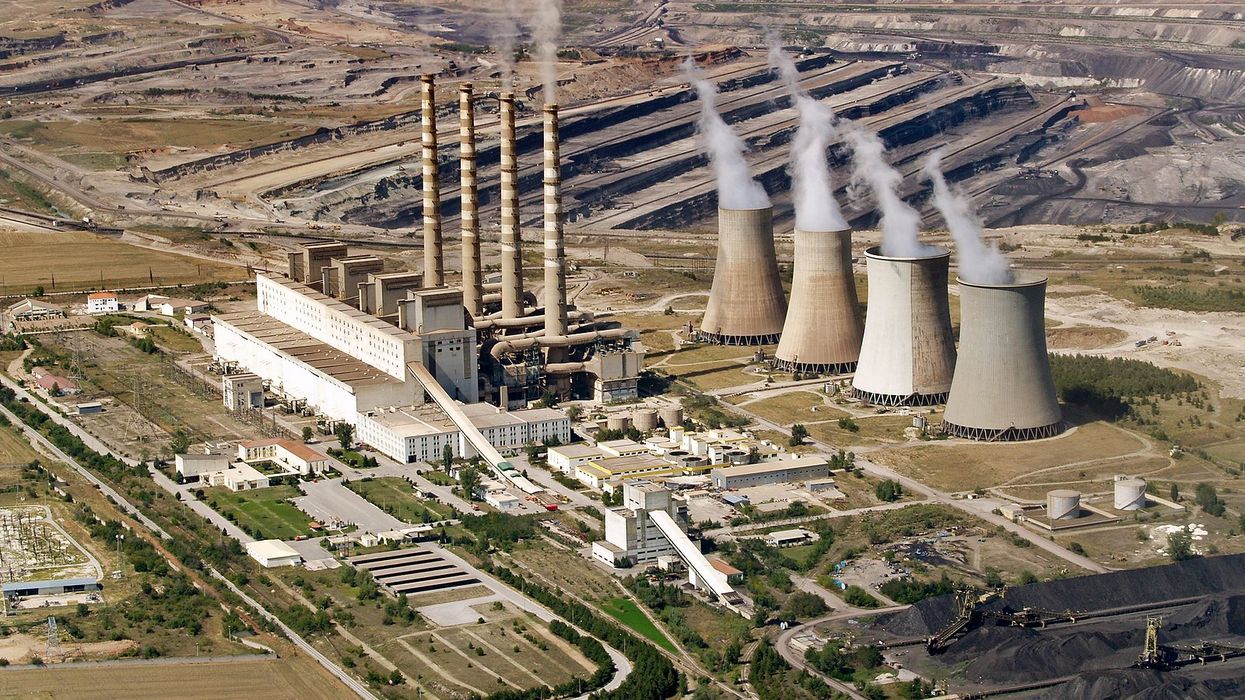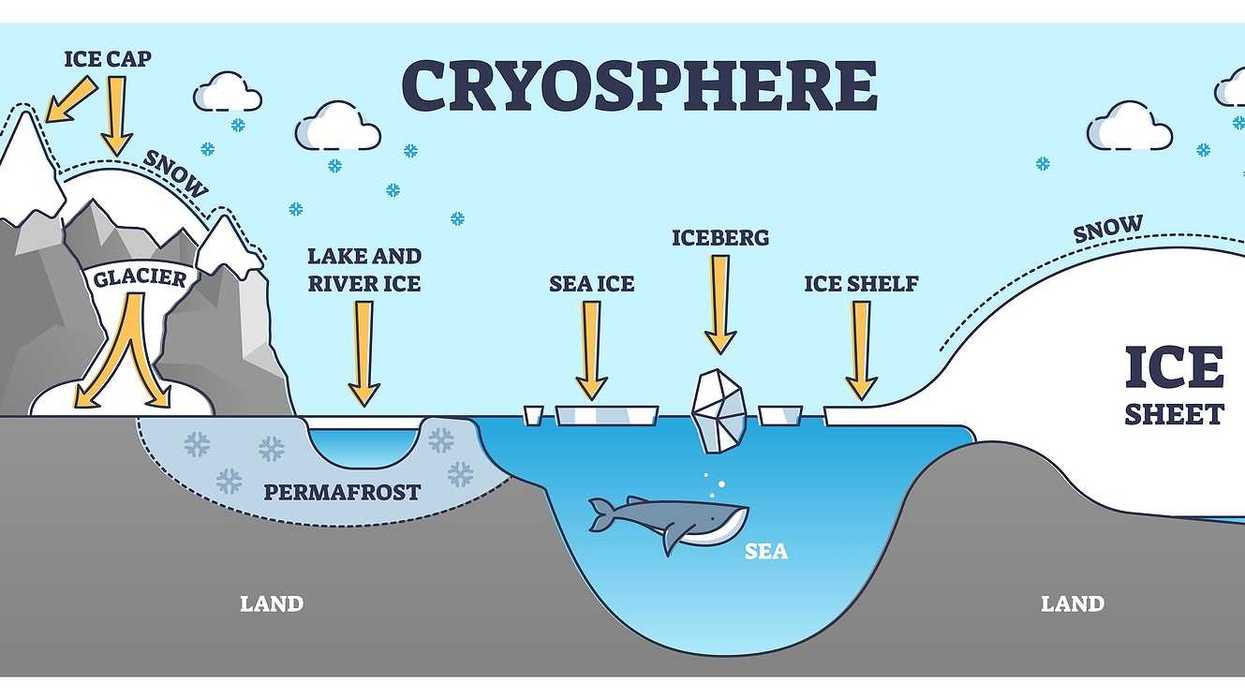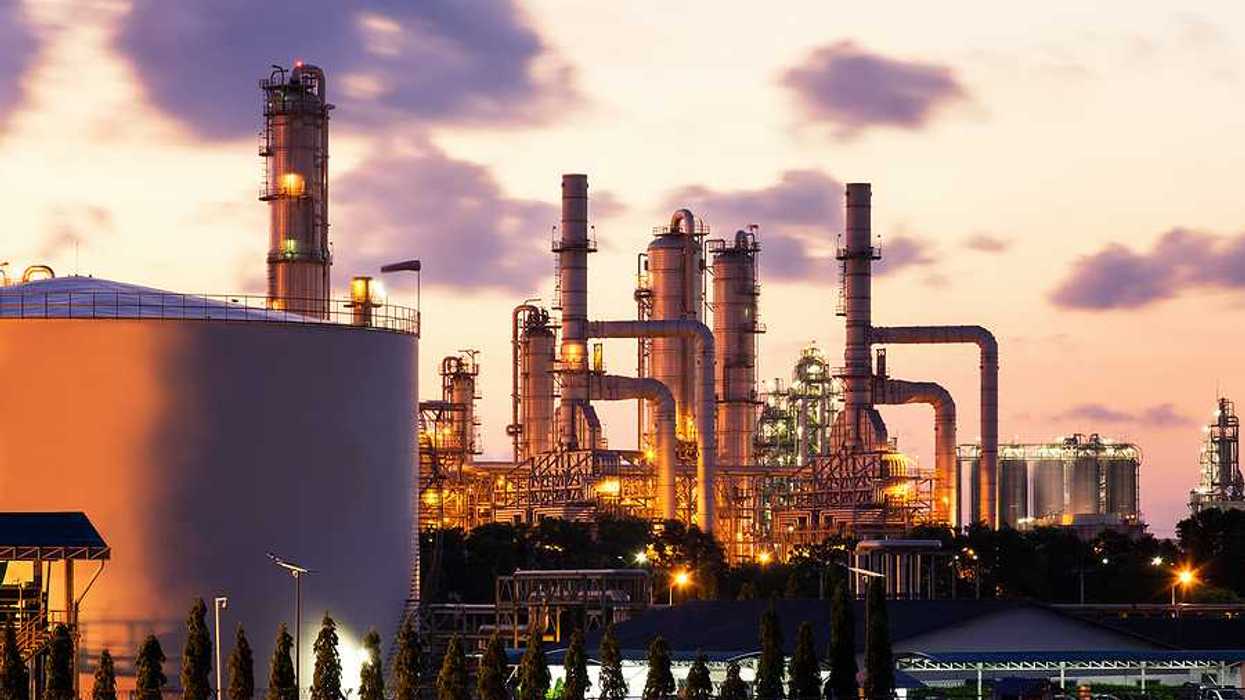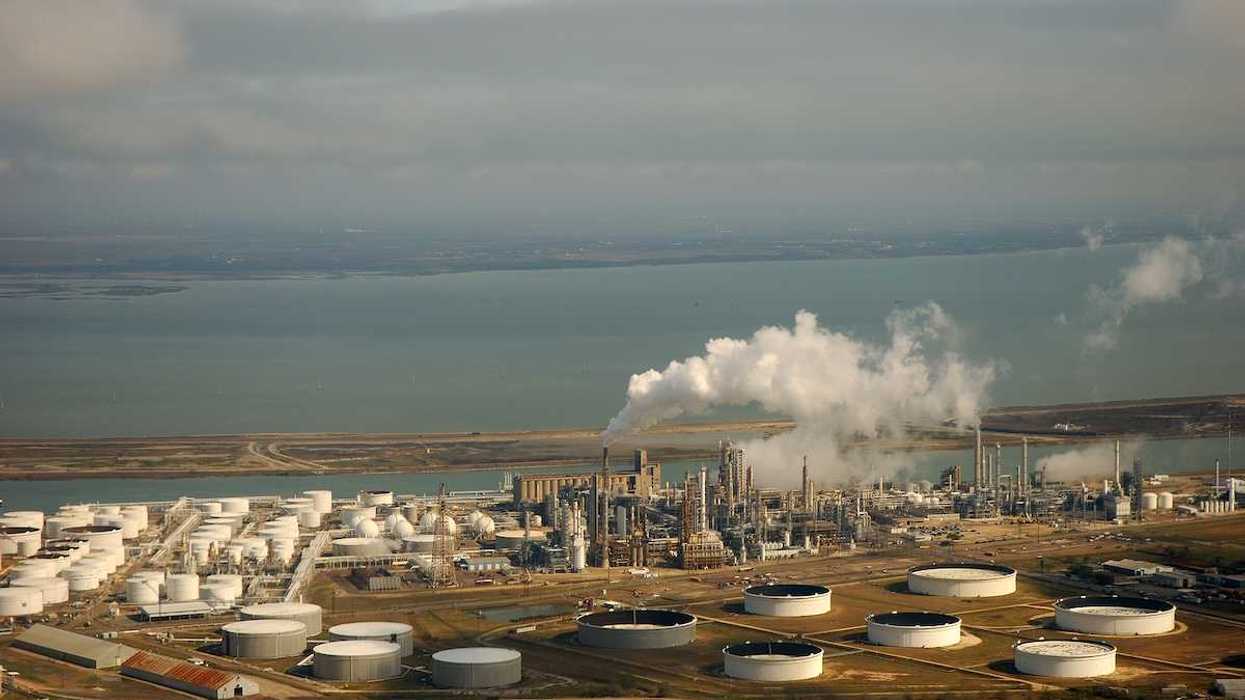Exploring the potential of floating cities, Koen Olthuis presents a novel approach to urban design that could redefine our relationship with water.
Kyle Chayka reports for The New Yorker.
In short:
- Dutch architect Koen Olthuis envisions cities with floating buildings as a solution to urban expansion and climate change, offering a sustainable alternative to traditional land-based development.
- Olthuis's firm, Waterstudio, has designed various floating structures, from luxury homes in the Netherlands to innovative projects worldwide, demonstrating the feasibility and benefits of his ideas.
- Despite technical and regulatory challenges, floating architecture is gaining interest as a creative and practical response to rising sea levels and urban density issues.
Key quote:
"The Netherlands is a complete fake, artificial machine."
— Koen Olthuis, founder of Waterstudio
Why this matters:
Floating architecture not only provides a unique answer to the threats posed by climate change and urban crowding but also reimagines how we inhabit and interact with the world's waterways, offering a glimpse into the future of sustainable living.
Building resilience in cities means preparing for nature's power—but also addressing the social vulnerability of specific people due to climate changes.














